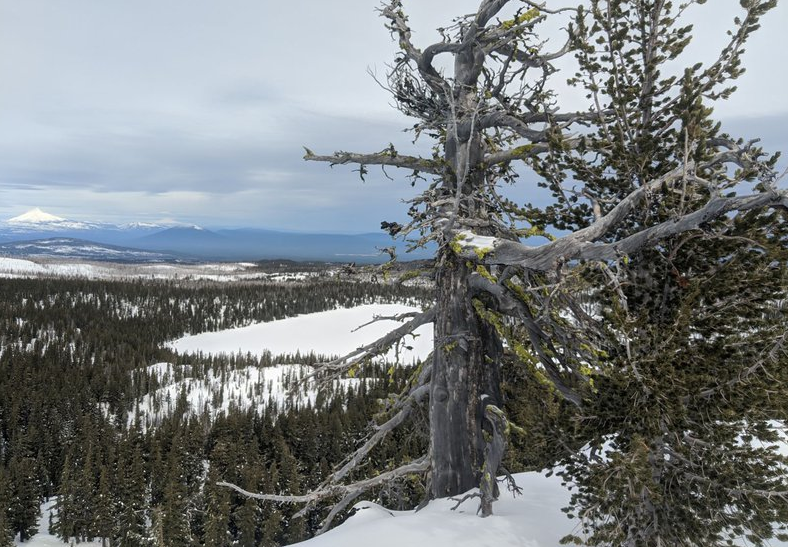Whitebark pine proposed for Endangered Species Act protection

PORTLAND, Ore. (KIFI/KIDK) - The U.S. Fish and Wildlife Service proposed threatened species protection for the whitebark pine Tuesday. The pine is found at high elevation in seven western states, including Wyoming and Idaho.
However, the tree was denied a designation of "protected critical habitat," based on regulations put in place by the Trump administration last year. Those rules specify that only species where habitat destruction is the primary threat can achieve such protection.
It would have been the most widely distributed tree to gain protection under the Endangered Species Act.
The tree's seeds provide critical food for grizzly bears and a host of other species, but it is rapidly dying from an introduced disease called white-pine blister rust. It is also threatened by climate change, which is fostering extensive outbreaks of mountain pine beetle, which kills the pine. That allows competing tree species to take over high elevation habitat. And, experts believe that could lead to higher danger from severe fires.
“Recognition of whitebark pine as a threatened species shows just how profoundly climate change and introduced diseases are changing our world,” said Noah Greenwald, endangered species director at the Center for Biological Diversity. “These beautiful and important trees need our help. I’m relieved they’re getting the strong protections of the Endangered Species Act, because it’s our best tool for stemming the tide of the extinction crisis.”
Greenwald said the critical habitat designation could have provided an additional tool for protecting whitebark pine by identifying places it is likely to survive and protecting those places from development.
“The loss of whitebark pine and its impact on grizzlies and high-elevation forests shows how tightly knit the world is,” said Greenwald. “If we don’t address the extinction crisis by protecting more places, reducing our greenhouse gas emissions and better regulating trade in plants and animals, the natural world and our way of life will unravel before our eyes.”
You can learn more about Tuesday's Fish and Wildlife Service action here.
